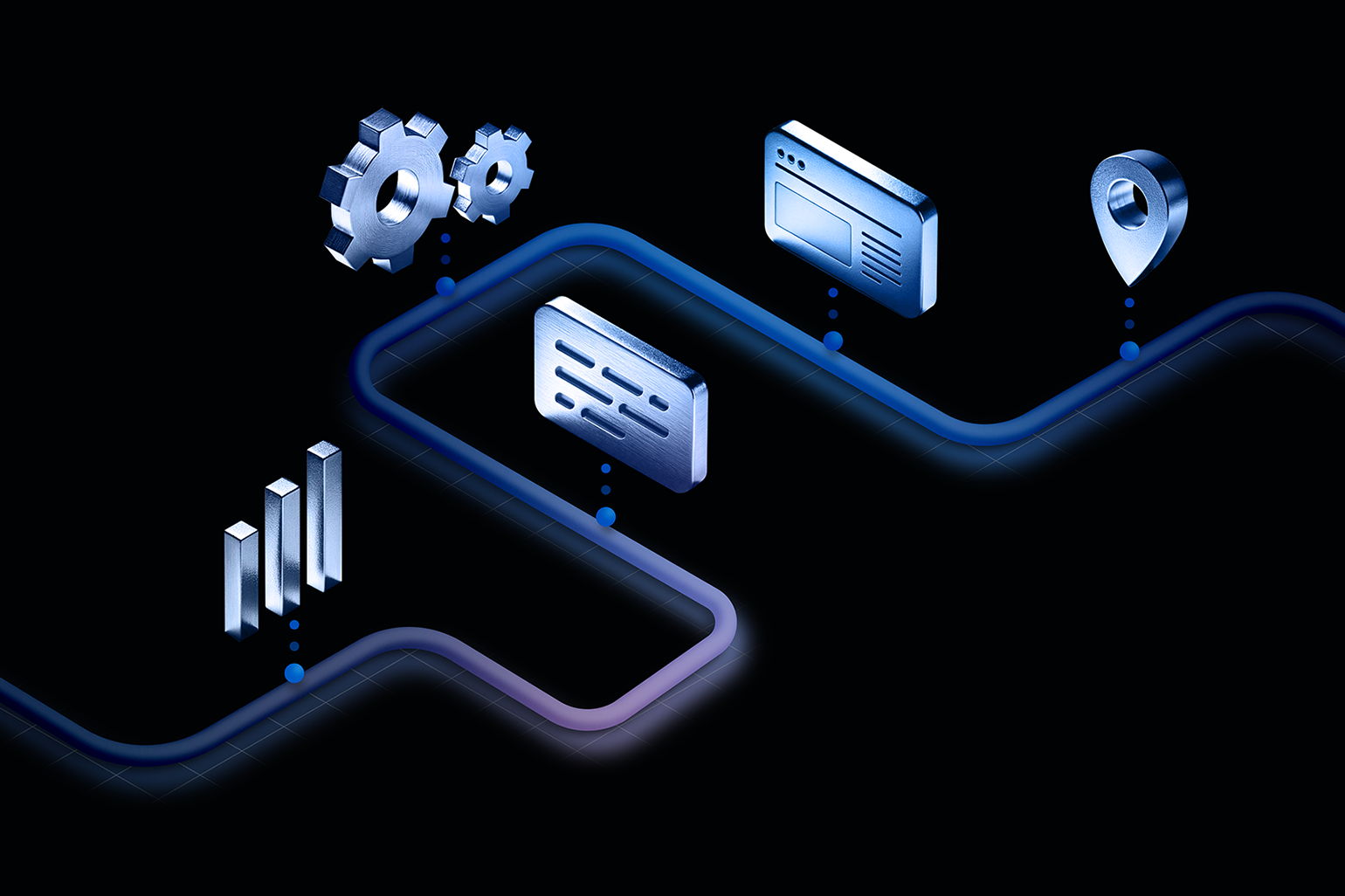Everything You Need to Know About Cookies

The Cookiepocalypse is here, and we sat down with NJI’s Global Vice President of Development, Claudio Meira, to talk about all things cookies — and whether or not we should be freaking out about them.
To clarify, we’re not talking about the sweet stuff. Cookies are also the name for the little lines of code that track users all over the internet. They’re a useful tool that came into the world in 1994 and ever since have essentially taken over digital marketing.
“The Cookiepocalypse” refers to the planned phasing out of third-party cookies—predominantly by Google, but also by other Big Tech giants—by 2023. Given that Chrome owns 65% of all cookie usage, Google’s decision, made in 2020, is really what’s shaking up the cookie jar. That represents a much bigger impact than anything Firefox and Safari (collectively owning about 21% of the internet) did when they disabled third-party tracking more than a year ago.
Although Google owns a majority of the market share through Chrome, substantial ownership of big data is everywhere. Without the help of third-party cookies, companies seeking to tap into widely collected user data will have to go to big players, such as Amazon, Google, and Facebook.
First-party versus third-party cookies: what’s the difference?
First-party cookies are pieces of informational code that have a home base. They live and stay on the website they’re from, more for user experience rather than for cross-site user tracking. They remember details about site-specific user preferences, past activity, login information, and so on. However, these cookies don’t follow visitors across the web.
Third-party cookies track users from website to website. Advertisers are largely responsible for creating these, because the information they collect helps them target specific user audiences. These cookies also paint a more complete picture of you as a user and visitor of many websites that seem to have no affiliation with each other (that is, other than hosting third-party cookies). Have you ever navigated to a website new to you, seen a wildly specific ad waiting for you, and thought, How do they know I wanted socks with pandas on them? That’s third-party tracking.
So what exactly is Google’s plan?
In a recent blog article, “Charting a Course Towards a More Privacy-First Web,” Google states that it continues
“to get questions about whether Google will join others in the ad tech industry who plan to replace third-party cookies with alternative user-level identifiers.“ The blog goes on to say “that once third-party cookies are phased out, we will not build alternate identifiers to track individuals as they browse across the web, nor will we use them in our products.”
Essentially, the most widely used browser system is ditching all identifiers at the user level in a surge toward a more anonymous, privacy-focused online environment. It’s like pulling the most crucial block out of a Jenga tower: Ad tracking for all digital marketers will need to be rebuilt into something more resourceful and sustainable.
How will this affect the way we think about digital marketing strategy?
In Meira’s own words, “we’re all gonna have to get a little more creative.”
Something we’ll probably notice immediately is that we’ll have to sign in to already-visited websites more frequently. Aside from that, marketers and developers need to prepare to solidify and hone in on content more tailored to specific websites. Consequently, any analysis of visitor traffic will also focus more on individual sites.
Most likely, advertising content will be less known for its pervasive and attention-striking qualities and more for authenticity and organic interest. Think about values that we associate with “mom and pop” businesses. Marketers will need to be more thoughtful and intentional in creating one-to-one connection with audiences, rather than taking the attention of the everyday internet user for granted.
Ultimately, prioritizing creativity and authenticity is a worthy trade-off for the overall increase in user privacy in the digital space. At NJI, as a digital media agency that works heavily in marketing strategy on a day-to-day basis, we knew it would be important to keep a close eye on what’s ahead: a cookie-less web, where third-party tracking is gone and targeted advertising will take new shape. Despite the uncertainties to come, we say “out with the old, in with the new”.

